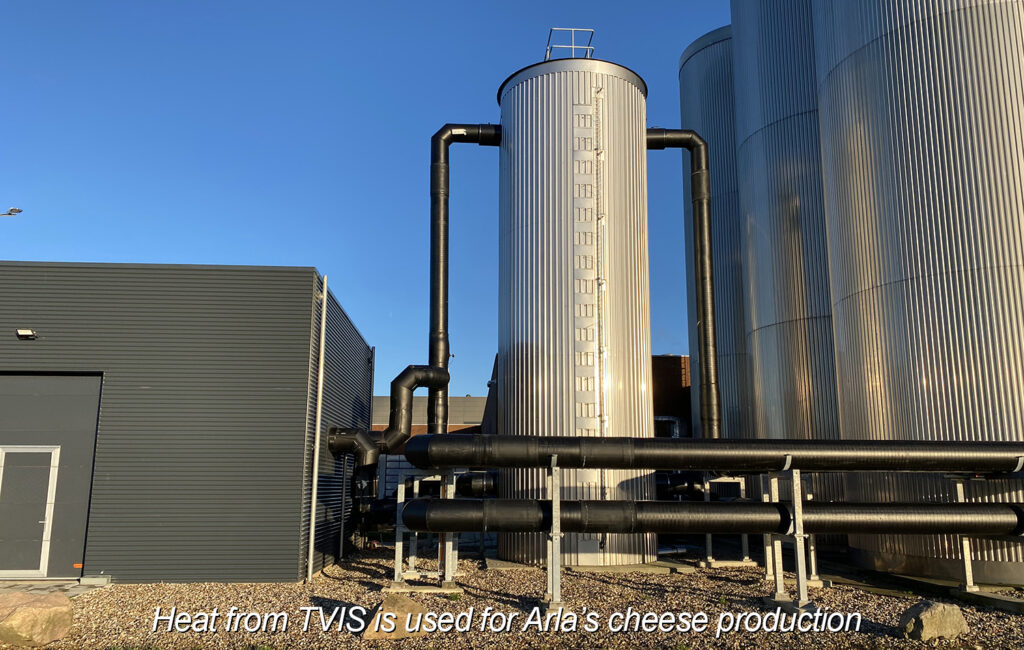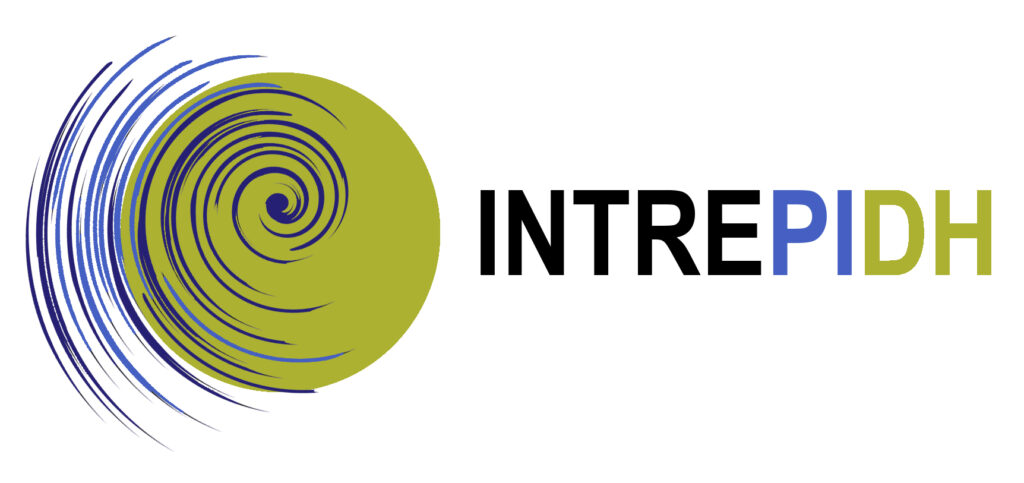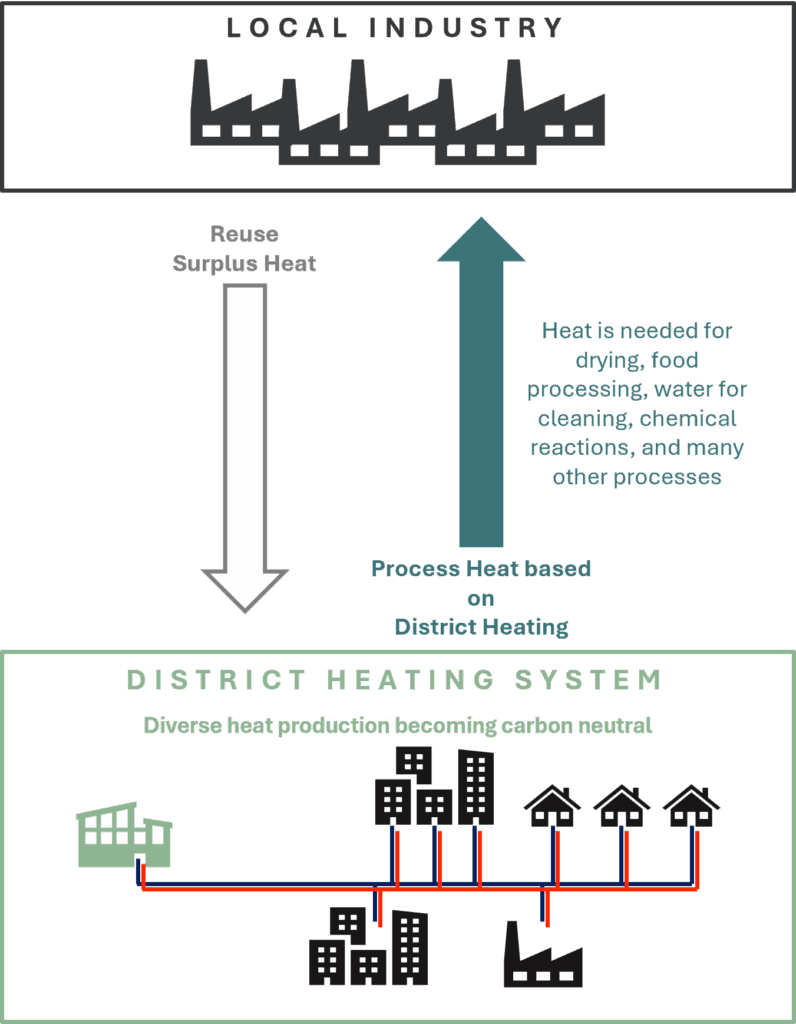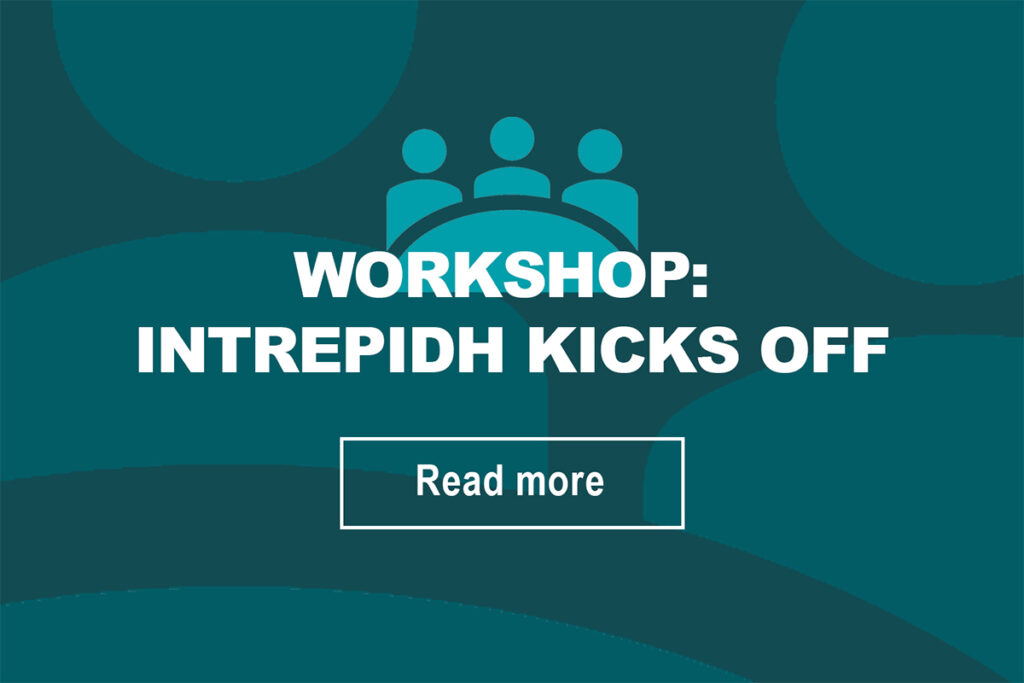
This solution is overlooked, and the potential for Europa is huge. The INTREPIDH project aims to increase awareness and knowledge about industrial process heat based on district heating. We encourage everyone to help!
Why this is important – the big picture
The European process industry is under intense pressure to decarbonise. Around 50% of its total energy demand goes into process heat, most of it still supplied by fossil fuels, primarily natural gas. At the same time, Europe’s heating sector is transforming, with countries expanding and modernising district heating (DH) to become the backbone of affordable, low-carbon heat supply for urban areas.
INTREPIDH (“Interregional Examples of the Process Industry and District Heating“) shows that these two transitions belong together. By integrating industrial demand with district heating, both sectors win. The industry secures affordable, carbon-neutral heat, DH utilities expand and strengthen their networks, and municipalities achieve more efficient and resilient energy systems.
This is a new type of approach with a huge potential and a variety of solutions and barriers. That is why it is essential to collect and share practical experiences from a range of cases and discuss how to support the implementation across Europe.
What is industrial process heat based on district heating?
Process heat is often confused with surplus heat, also called excess or waste heat. Surplus heat is residual heat from industrial processes that can be reused in, for example, a district heating (DH) system. Process heat is energy needed to drive industrial processes. Today, it is often based on natural gas, and perhaps in the future, based on a mix of power, local DH, biogas, and certified biomass. The optimal mix will vary from industrial site to industrial site, but surprisingly often, district heating can play a role in making the solution more energy-efficient and more affordable. It is at least worth investigating.
We know it works; see the Best Practice Catalogue below. Engineers, researchers, and businesses are developing tools and methods to improve and speed up techno-economic analyses, which will support sound investment decisions. Read more about our RAPIDH project here →
Project idea: INTREPIDH project set itself three main objectives
The Interregional Examples of the Process Industry and District Heating (INTREPIDH) project collects, develops, and disseminates knowledge on decarbonizing industrial process heat through district heating. The main goals during this project are the following three:
- Empowering municipalities to facilitate cooperation between industrial companies and district heating suppliers, improve municipal heat planning, and accelerate investment decisions.
- Raise awareness among local/regional/national authorities, district heating and industrial companies and organisations, and research institutions about facts, potential, and best practices.
- Develop a network for further knowledge exchange on innovations and activities in Germany, France, Denmark, and across Europe.
Unlocking benefits for municipalities, utilities and industry
The idea of using process heat based on district heating benefits all actors involved in the green transition, Industry, utilities and local authoritites and is a key to unlock untapped potential in the sector integration.
- Municipalities: Holistic heat planning that includes the local industry accelerates DH investments, improves social acceptance and anchors green jobs.
- District-heating utilities: New industrial customers provide anchor load, improve the use of summer capacity and deliver economies of scale that lower unit prices.
- Industry: Access to stable, potentially lower heat prices; reduced on-site footprint and operational risk; and stronger access to funding for transition projects.
Beyond these individual gains, integration creates several synergies. The support of a circular energy system increases not only the efficient use of resources but also showcase smart energy solutions that can attract future investments and high-skilled labour. The local supply through district heating increases the local grid robustness and helps to create security of energy supply which increases the public approval and acceptance. Shortly put – process heat based on district heating is a WIN-WIN-WIN-situation.
PROJECT DIARY

FACTS ABOUT THE PROJECT
Title: INTREPIDH — Interregional Examples of the Process Industry and District Heating
In collaboration with: dena, Axelera, Allice, NRW.Energy4Climate, Municipality Rostock, SDEWES Centre, and Niras
Funded by: Danish Energy Agency
Duration (status): Q1 2025 – Q2 2026
DBDH contacts: Hanne Kortegaard Støchkel and Florian Kirchmann
Project page: dena
MEET THE PROJECT PARTICIPANTS
Did You Find What You Were Looking For?
Learn about more district heating development projects here.



